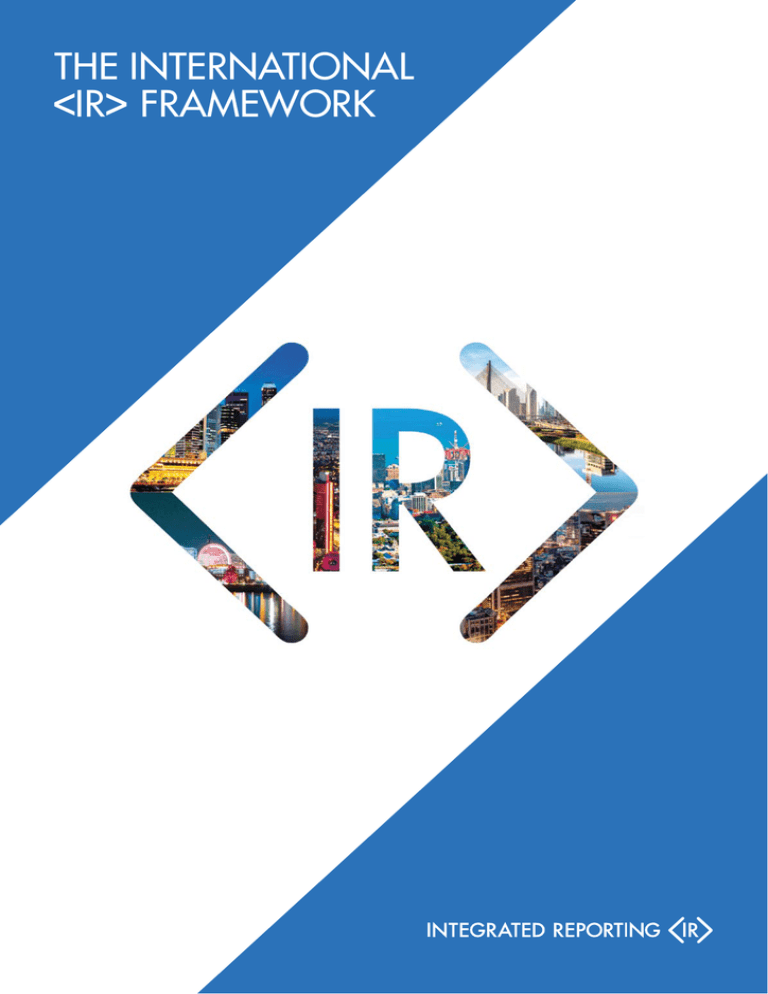9, Aug 2023
IR 2025 Regras: A Comprehensive Overview
IR 2025 Regras: A Comprehensive Overview
Related Articles: IR 2025 Regras: A Comprehensive Overview
- World Juniors 2025: A Preview Of The Upcoming Tournament
- Princess Cruises Japan 2025: Unveiling A Majestic Voyage Through The Land Of The Rising Sun
- Winnebago Revel Fuel Economy: A Comprehensive Guide
- Cruise Deals 2024: Unbelievable Savings On Unforgettable Vacations
- 2025 Ford Mustang GTD Performance Supercar: A Thunderous Revolution On Four Wheels
Introduction
With enthusiasm, let’s navigate through the intriguing topic related to IR 2025 Regras: A Comprehensive Overview. Let’s weave interesting information and offer fresh perspectives to the readers.
Table of Content
Video about IR 2025 Regras: A Comprehensive Overview
IR 2025 Regras: A Comprehensive Overview

Introduction
The International Road Transport Union (IRU) is a global organization representing the interests of road transport operators. In 2025, the IRU introduced a set of regulations known as the IR 2025 Regras. These regulations aim to enhance road safety, improve environmental sustainability, and facilitate cross-border trade within the road transport sector. This article provides a comprehensive overview of the IR 2025 Regras, examining their key provisions and implications for road transport operators.
Key Provisions of the IR 2025 Regras
The IR 2025 Regras encompass a wide range of provisions covering various aspects of road transport operations. Some of the key provisions include:
-
Vehicle Safety Standards: The regulations establish stringent safety standards for vehicles operating in international road transport. These standards cover vehicle design, construction, and equipment, ensuring that vehicles meet the highest safety requirements.
-
Driver Qualifications and Training: The Regras mandate comprehensive driver training and qualification programs. Drivers must undergo rigorous training to obtain and maintain their licenses, ensuring their competence and professionalism behind the wheel.
-
Hours of Service Regulations: The regulations introduce harmonized hours of service rules for drivers operating in international road transport. These rules limit the number of hours drivers can work continuously and require adequate rest periods to prevent fatigue-related incidents.
-
Vehicle Emissions Standards: The Regras aim to reduce the environmental impact of road transport by implementing stringent vehicle emissions standards. These standards limit the emission of harmful pollutants, contributing to cleaner air and a healthier environment.
-
Electronic Toll Collection: The regulations promote the adoption of electronic toll collection (ETC) systems. ETC enables seamless and efficient payment of tolls, reducing congestion and improving traffic flow.
-
Cross-Border Facilitation: The Regras facilitate cross-border trade by streamlining customs and border procedures. They introduce harmonized documentation, simplified clearance processes, and reduced border delays, enabling smoother movement of goods across borders.
Implications for Road Transport Operators
The IR 2025 Regras have significant implications for road transport operators. These implications include:
-
Enhanced Safety: The stringent safety standards and driver training requirements contribute to improved road safety, reducing the risk of accidents and fatalities.
-
Reduced Environmental Impact: The vehicle emissions standards and promotion of ETC systems help reduce the environmental footprint of road transport, contributing to a greener and more sustainable industry.
-
Increased Efficiency: The harmonized hours of service regulations and streamlined cross-border procedures improve efficiency in road transport operations, reducing costs and delays.
-
Improved Competitiveness: Compliance with the IR 2025 Regras enhances the competitiveness of road transport operators by demonstrating their commitment to safety, environmental sustainability, and operational excellence.
-
Compliance Costs: Operators may incur additional costs to comply with the new regulations, such as upgrading vehicles, implementing ETC systems, and providing additional driver training.
Implementation and Enforcement
The IR 2025 Regras are being implemented gradually by member countries of the IRU. The implementation timeline varies depending on the country, with some countries already implementing the regulations while others are in the process of adopting them.
Enforcement of the Regras is the responsibility of national authorities in each member country. They are responsible for conducting inspections, issuing fines, and taking appropriate enforcement actions to ensure compliance.
Conclusion
The IR 2025 Regras represent a comprehensive set of regulations aimed at enhancing road safety, improving environmental sustainability, and facilitating cross-border trade within the road transport sector. By harmonizing standards and streamlining procedures, the Regras promote a more efficient, safer, and environmentally friendly road transport industry. Road transport operators are encouraged to familiarize themselves with the Regras and take steps to comply with their provisions to benefit from their advantages and mitigate potential compliance costs. The IR 2025 Regras are a significant step forward in shaping the future of road transport, ensuring its continued growth and sustainability in the years to come.








Closure
Thus, we hope this article has provided valuable insights into IR 2025 Regras: A Comprehensive Overview. We appreciate your attention to our article. See you in our next article!
- 0
- By admin